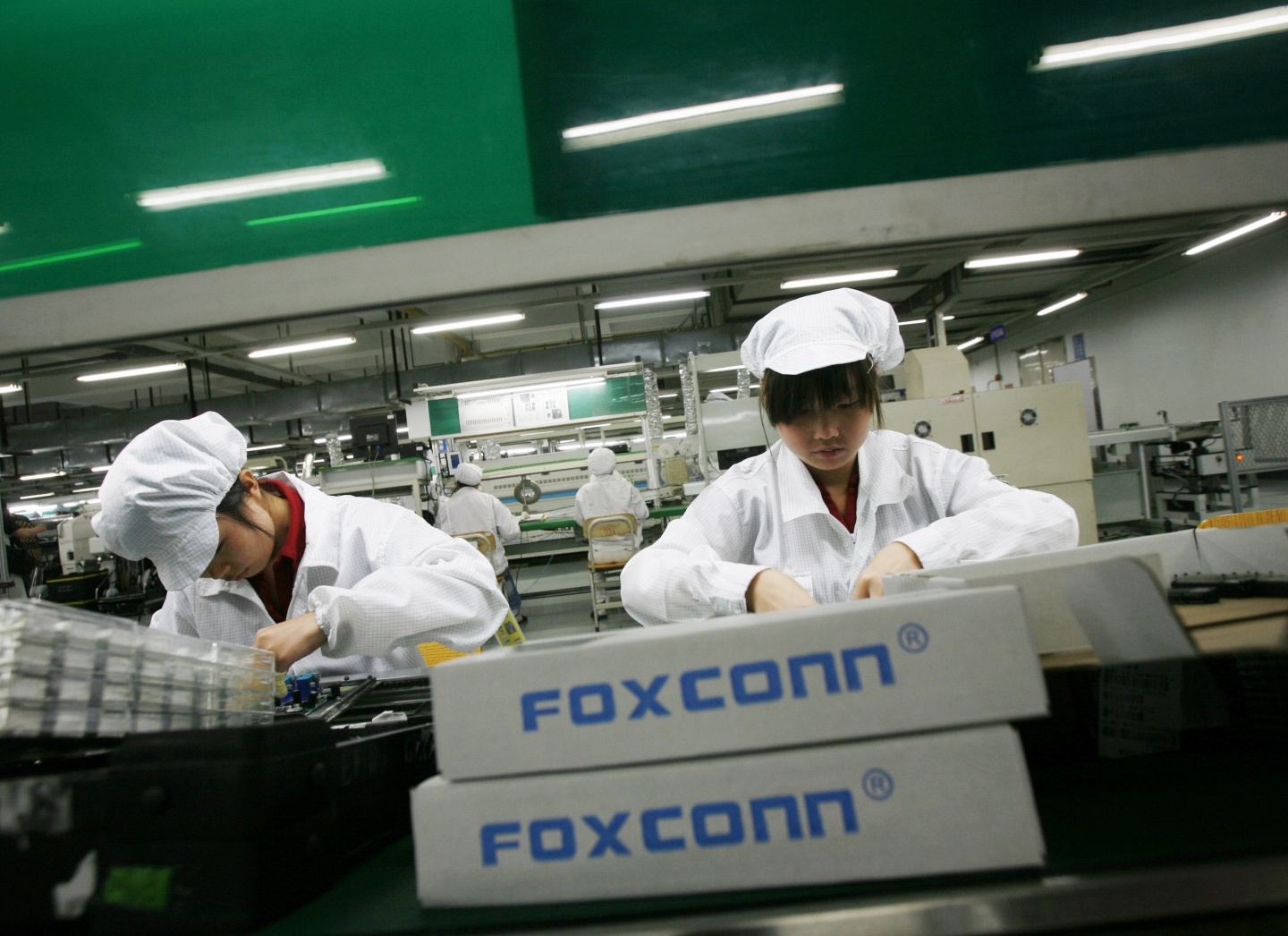14 January, 2016The world of manufacturing is about to undergo a seismic shift. According to some, we are experiencing a fourth industrial revolution that will transform the way things are made. And the impact on workers will be huge.
Industry 4.0 is a term first coined in Germany in 2011 to describe the computerization of manufacturing regarded as the fourth industrial revolution.
The first industrial revolution from the end of the 18th century saw the birth of manufacturing using machines powered by water and steam. The second came at the beginning of the 20th century, when mass production lines were powered by electric energy. The third came with the change from analogue and mechanical production to electronic and digital technology from the 1970s onwards.
The fourth industrial revolution, or Industry 4.0, uses smart technology and real-time data to increase productivity and reduce costs.
In smart factories, machinery, storage systems and production are capable of carrying out complex tasks, exchanging information and giving instructions to each other, without the need for human involvement.
Speaking at the World Economic Forum meeting in Davos in January 2015, German chancellor, Angela Merkel, called Industry 4.0 the way we “deal quickly with the fusion of the online world and the world of industrial production.”
Industry 4.0 relies heavily on the Internet of Things - objects embedded with technology that can communicate with IT systems and be detected by sensors.
Cloud computing is also essential to support the billions of sensors, devices and the flow of information or data that they create.
Advances in data analytics mean that powerful software has the capacity to analyze all this information (or Big Data) coming from manufacturing systems in real time. This provides vast benefits to multinational companies giving access to up-to-the second information on production across supply chains. It also allows companies to be more responsive to business trends and plan better by making more accurate predictions.
Furthermore, developments in 3D printing have the potential to drastically reduce research and development costs, and even omit the need for production facilities entirely.
Where does this leave workers?
Digitalization will no doubt create new jobs but in different sectors. And as robots become increasingly sophisticated and machines control each other, will the need for labour diminish?
“We don’t know yet what the real impact will be,” says Christain Brunkhorst from German affiliate, IG Metall, who spoke on the topic at IndustriALL’s recent automotive working group meeting in Toronto. “While there might be some ergonomic improvements for workers as repetitive or difficult tasks are taken over by robots, workers will rapidly need to develop new skills to keep up with smart factories.”
It is not only production methods that are getting smart in the auto sector – connected and autonomous cars could again transform the industry and driving itself.
“There could be many new high skilled jobs in the areas of planning, configuration and maintenance of new technologies, but low skilled workers could lose out,” says Brunkhorst
Smart technology and systems could also lead to extensive control and monitoring of workers’ behaviour and performance. Smart factories pose greater expectations on individual flexibility and precarious work is predicted to increase.
IG Metall is currently making work councils aware of the changes at bay and has set up studies to assess the consequences on the workforce. “At this stage we as a trade union are seeking to influence the transition as these new technologies are established in the car industry,” says Brunkhorst.
Meanwhile, iPhone manufacturer, Foxconn, which employs 1.2 million workers, has announced that robots will replace 30 per cent of workers at their production lines in five years.
Kan Matsuzaki, IndustriALL director for ICT, electrical and electronics, says:
Industry 4.0 will be penetrating various industries faster than we could ever imagine. Trade unions must be prepared for the massive impact on employment, working conditions, and workers’ rights, and concentrate on activities towards a just transition.


